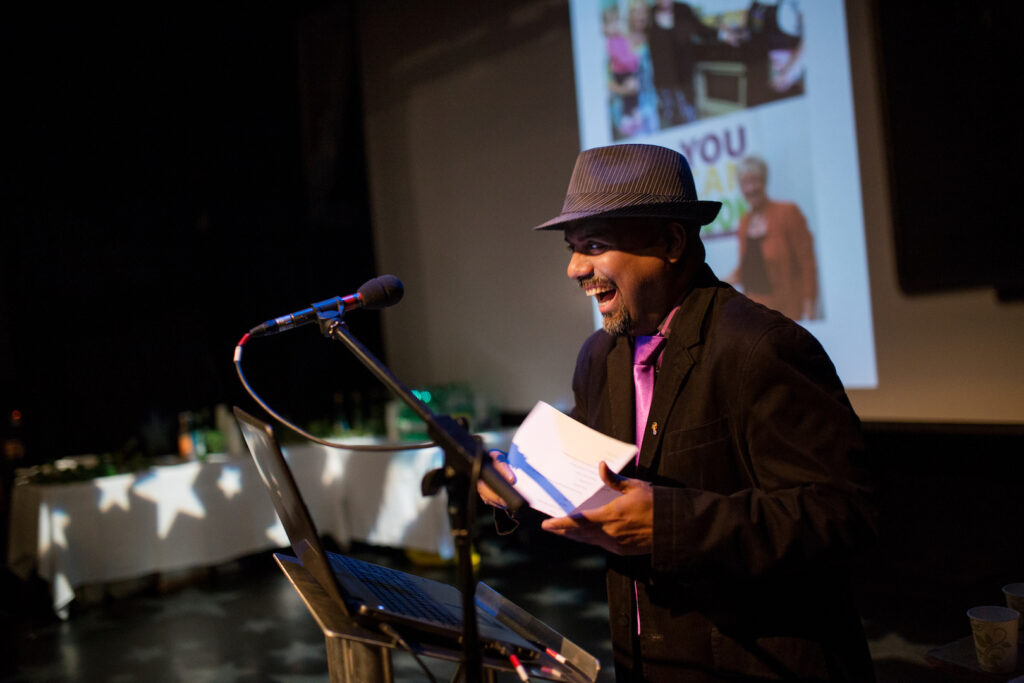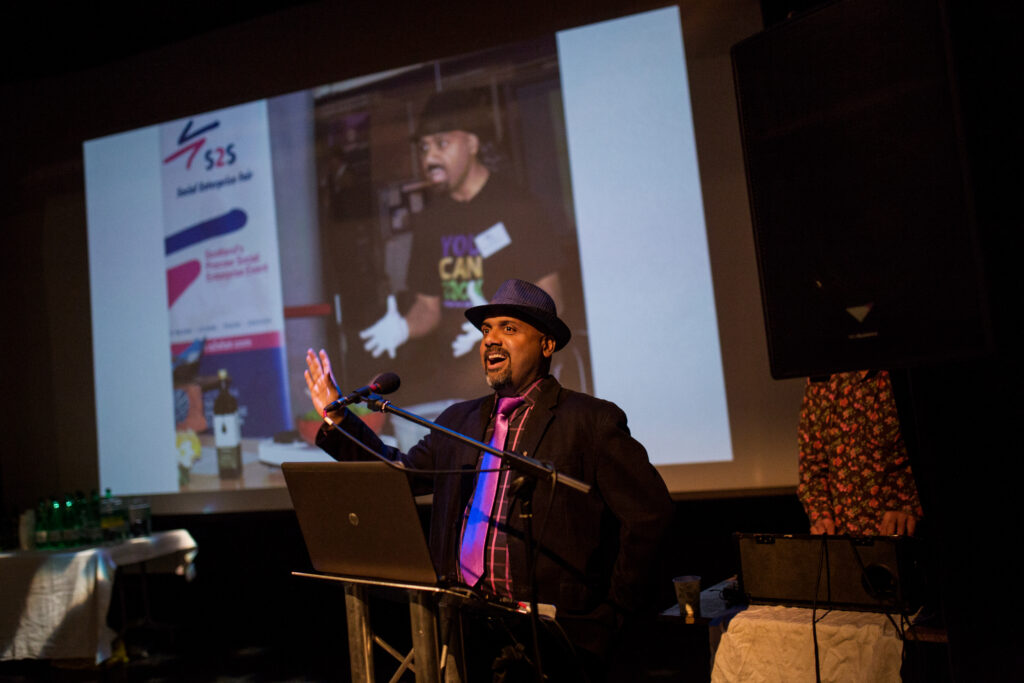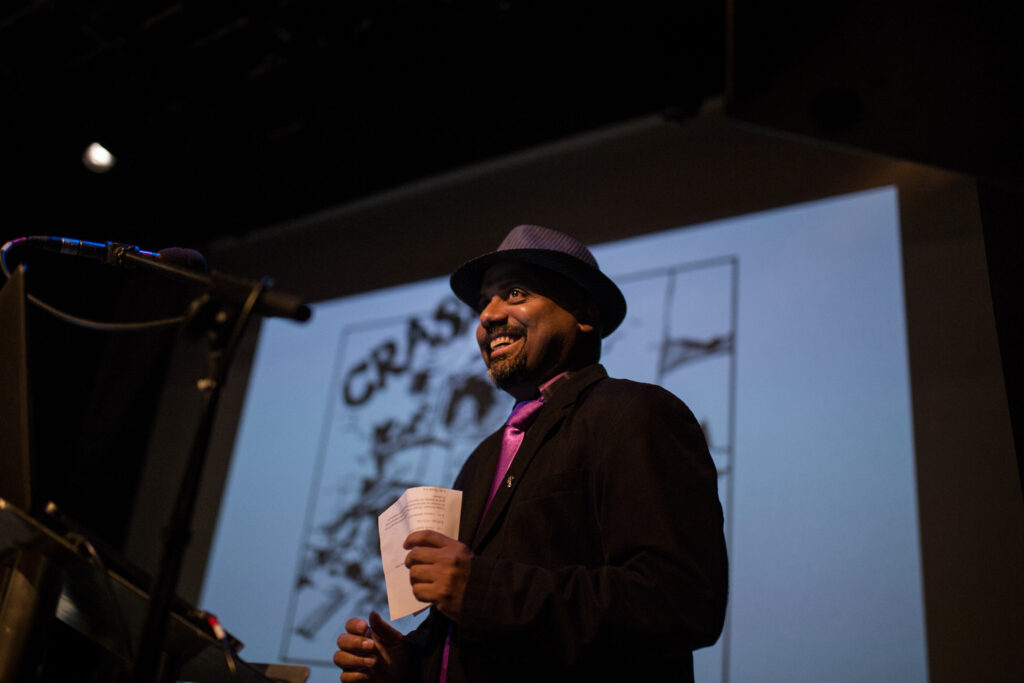
This week Bosco Santimano founder and executive director of social enterprise You Can Cook, shares his thoughts on what happened at the COP26 in Glasgow and the repercussions for humanity going forward.
COP26 is now over and analysts are shifting through the small print of the documents that world leaders signed to help tackle climate change. The devil is in the details as they say. Apart from the big economies like Russia, China and Brazil, Turkey’s leader did not attend too due to a protocol issue involving his delegation in Glasgow. The presence of heads of state and government at the talks is not just symbolic. Real work gets done among leaders that cannot happen among lower-level diplomats. So, was COP26 worth it? Below are some of my observations on the outcome of the event.
It was decided unanimously to keep the global temperature to 1.5 degrees of global heating. Plus, it was also decided to get the biggest polluters to the table next year to agree to commit to cut their carbon emissions. This may seem to be delaying tactics by the biggest polluters but in actual practice it makes a lot of sense as there is no magic on/off switch to reduce carbon emissions overnight. A lot of planning will be required to have a smooth transition for a move to renewable energy as only a few countries are equipped for this change to their economy while the majority who are categorised as developing or third world will have to wait and see if the rich countries help support them via making funds available to move to a greener economy. Another big achievement was to phase out coal and replace petrol and diesel vehicles to electric. This alone will take developed countries like the UK a minimum of 10 years to put in place all the equipment and resources across the length and breadth of the country in order to meet its own targets.
Another big winner was a decision to phase out coal completely as an energy source. This was always going to be an issue as many poorer and developing countries like India still rely on coal as a source of heating and cooking. PM Modi of India has categorically said that coal would be phased out and emissions cut to net zero by 2070! By doing so he will be missing out on a key goal set at COP26 for countries to reach the target by 2050. The US, EU and China have all pledged plans to be carbon neutral by 2050. India is the world’s fourth biggest polluter of carbon dioxide after the above three. The UK is included in the EU figures and the data is from 2019.
One of the main groups missing at COP26 were indigenous communities from South America, Africa, Asia and smaller island nations from across the world. According to some sources indigenous people have preserved more than 80% of the remaining biodiversity left on this fragile planet. Reducing methane and deforestation by 2030 are the other two main goals that were signed off by all the attendees at the COP26. Unfortunately, the caveat being all this is voluntary for countries to make their own decisions. Over a decade ago the rich nations promised poorer countries over $100 billion by 2020! No money has been allocated so far and this was a major issue at the summit as many felt that no serious effort has been made apart from promising money every time at events like these by the rich nations, including the UK.
What happens next and what can we do as citizens of the world. Keep applying pressure on your local and national elected representatives and make sure to expose the nexus between politicians, corporations and donors who are the main financial beneficiaries every time a green proposal or project is rejected.
Finally! Wishing all readers, a very Merry Christmas and a Happy New Year 2022!
*Originally written & published in the Peeblesshire News.


